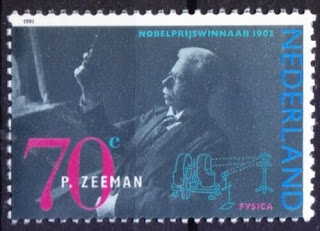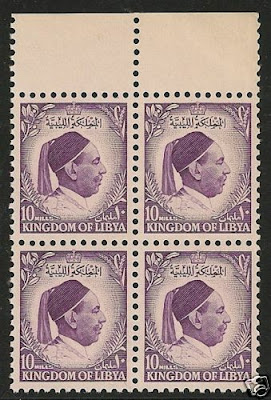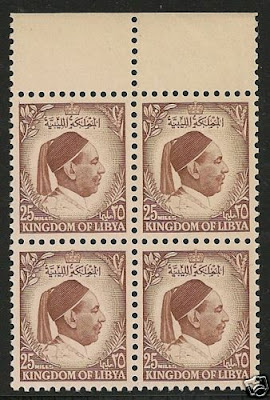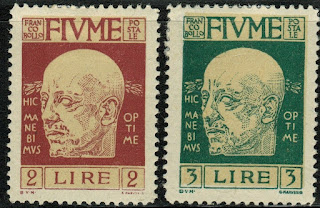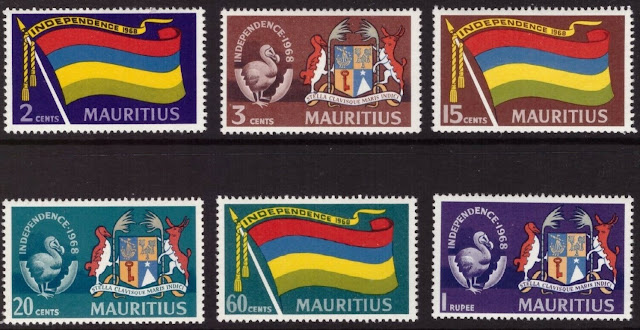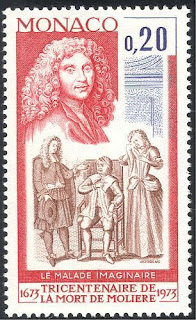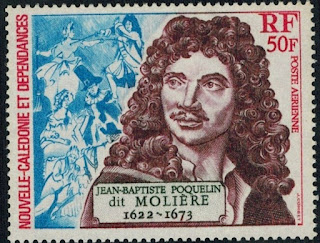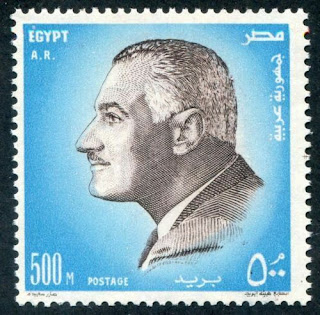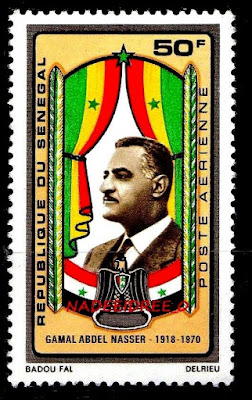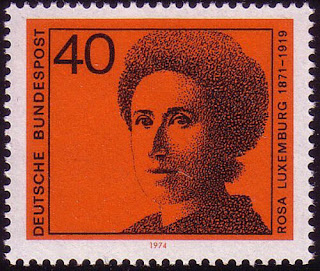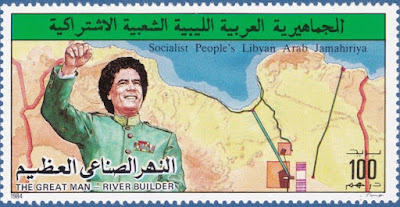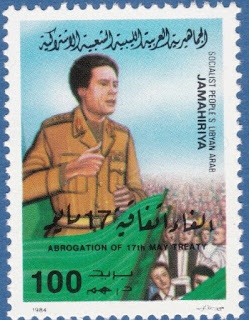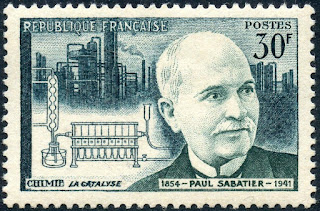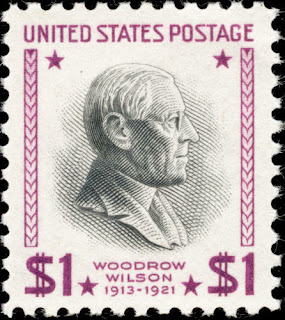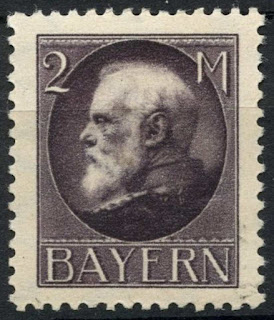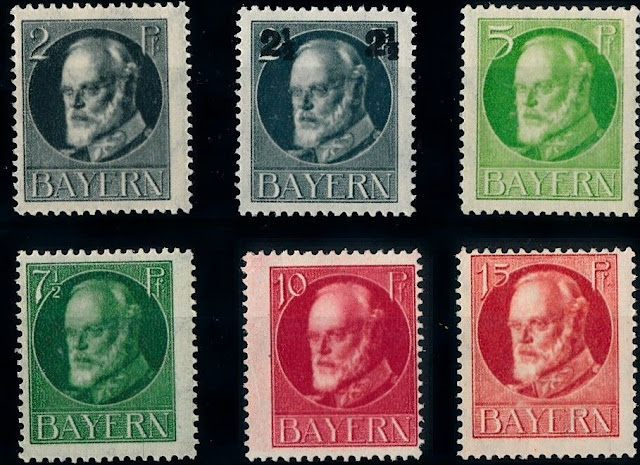Here are some events that happened on May 25th. It could be an event or a person that died or was born on that day
1803 Born: Ralph Waldo Emerson, American poet and philosopher (d. 1882)
Ralph Waldo Emerson (May 25, 1803 – April 27, 1882), who went by his middle name Waldo, was an American essayist, lecturer, philosopher, abolitionist and poet who led the transcendentalist movement of the mid-19th century. He was seen as a champion of individualism and a prescient critic of the countervailing pressures of society, and he disseminated his thoughts through dozens of published essays and more than 1,500 public lectures across the United States.
Emerson gradually moved away from the religious and social beliefs of his contemporaries, formulating and expressing the philosophy of transcendentalism in his 1836 essay "Nature". Following this work, he gave a speech entitled "The American Scholar" in 1837, which Oliver Wendell Holmes Sr. considered to be America's "intellectual Declaration of Independence."
Emerson wrote most of his important essays as lectures first and then revised them for print. His first two collections of essays, Essays: First Series (1841) and Essays: Second Series (1844), represent the core of his thinking. They include the well-known essays "Self-Reliance", "The Over-Soul", "Circles", "The Poet", and "Experience." Together with "Nature", these essays made the decade from the mid-1830s to the mid-1840s Emerson's most fertile period. Emerson wrote on a number of subjects, never espousing fixed philosophical tenets, but developing certain ideas such as individuality, freedom, the ability for mankind to realize almost anything, and the relationship between the soul and the surrounding world. Emerson's "nature" was more philosophical than naturalistic: "Philosophically considered, the universe is composed of Nature and the Soul." Emerson is one of several figures who "took a more pantheist or pandeist approach by rejecting views of God as separate from the world."
He remains among the linchpins of the American romantic movement, and his work has greatly influenced the thinkers, writers and poets that followed him. "In all my lectures," he wrote, "I have taught one doctrine, namely, the infinitude of the private man." Emerson is also well known as a mentor and friend of Henry David Thoreau, a fellow transcendentalist.
1865 Born: Pieter Zeeman, Dutch physicist and academic, Nobel Prize laureate (d. 1943)
Pieter Zeeman (25 May 1865 – 9 October 1943) was a Dutch physicist who shared the 1902 Nobel Prize in Physics with Hendrik Lorentz for his discovery of the Zeeman effect
After Zeeman passed the qualification exams in 1885, he studied physics at the University of Leiden under Kamerlingh Onnes and Hendrik Lorentz. In 1890, even before finishing his thesis, he became Lorentz's assistant. This allowed him to participate in a research programme on the Kerr effect. In 1893 he submitted his doctoral thesis on the Kerr effect, the reflection of polarized light on a magnetized surface. After obtaining his doctorate he went for half a year to Friedrich Kohlrausch's institute in Strasbourg. In 1895, after returning from Strasbourg, Zeeman became Privatdozent in mathematics and physics in Leiden. The same year he married Johanna Elisabeth Lebret (1873–1962); they had three daughters and one son.
In 1896, shortly before moving from Leiden to Amsterdam, he measured the splitting of spectral lines by a strong magnetic field, a discovery now known as the Zeeman effect, for which he won the 1902 Nobel Prize in Physics. This research involved an investigation of the effect of magnetic fields on a light source. He discovered that a spectral line is split into several components in the presence of a magnetic field. Lorentz first heard about Zeeman's observations on Saturday 31 October 1896 at the meeting of the Royal Netherlands Academy of Arts and Sciences in Amsterdam, where these results were communicated by Kamerlingh Onnes. The next Monday, Lorentz called Zeeman into his office and presented him with an explanation of his observations, based on Lorentz's theory of electromagnetic radiation.
The importance of Zeeman's discovery soon became apparent. It confirmed Lorentz's prediction about the polarization of light emitted in the presence of a magnetic field. Thanks to Zeeman's work it became clear that the oscillating particles that according to Lorentz were the source of light emission were negatively charged, and were a thousandfold lighter than the hydrogen atom. This conclusion was reached well before J. J. Thomson's discovery of the electron. The Zeeman effect thus became an important tool for elucidating the structure of the atom.
In 1898 Zeeman was elected to membership of the Royal Netherlands Academy of Arts and Sciences in Amsterdam, and he served as its secretary from 1912 to 1920. He won the Henry Draper Medal in 1921, and several other awards and Honorary degrees. Zeeman was elected a Foreign member of the Royal Society (ForMemRS) in 1921. He retired as a professor in 1935.
Zeeman died on 9 October 1943 in Amsterdam, and was buried in Haarlem.
Dutch stamps depicting Zeeman
1983 Died: Idris of Libya
Idris (El Sayyid Prince Muhammad Idris bin Muhammad al-Mahdi as-Senussi; 12 March 1889 – 25 May 1983) was a Libyan political and religious leader who served as the Emir of Cyrenaica and then as the King of United Kingdom of Libya from 1951 to 1969. He was the chief of the Senussi Muslim order.
Idris was born into the Senussi Order. When his cousin, Ahmed Sharif as-Senussi, abdicated as leader of the Order, Idris took his position. The Senussi campaign was taking place, with the British and Italians fighting the Order. Idris put an end to the hostilities and, through the Modus vivendi of Acroma, abandoned Ottoman protection. Between 1919 and 1920, Italy recognized Senussi control over most of Cyrenaica in exchange for the recognition of Italian sovereignty by Idris. Idris then led his Order in an unsuccessful attempt to conquer the eastern part of the Tripolitanian Republic.
Following the Second World War, the United Nations General Assembly called for Libya to be granted independence. It established the United Kingdom of Libya through the unification of Cyrenaica, Tripolitania and Fezzan, appointing Idris to rule it as King. Wielding significant political influence in the impoverished country, he banned political parties and in 1963 replaced Libya's federal system with a unitary state. He established links to the Western powers, allowing the United Kingdom and United States to open military bases in the country in return for economic aid. After oil was discovered in Libya in 1959, he oversaw the emergence of a growing oil industry that rapidly aided economic growth. Idris' regime was weakened by growing Arab nationalist and Arab socialist sentiment in Libya as well as rising frustration at the country's high levels of corruption and close links with Western nations. While in Turkey for medical treatment, Idris was deposed in a 1969 coup d'état by army officers led by Muammar Gaddafi.
Libyan stamps depicting Idris

